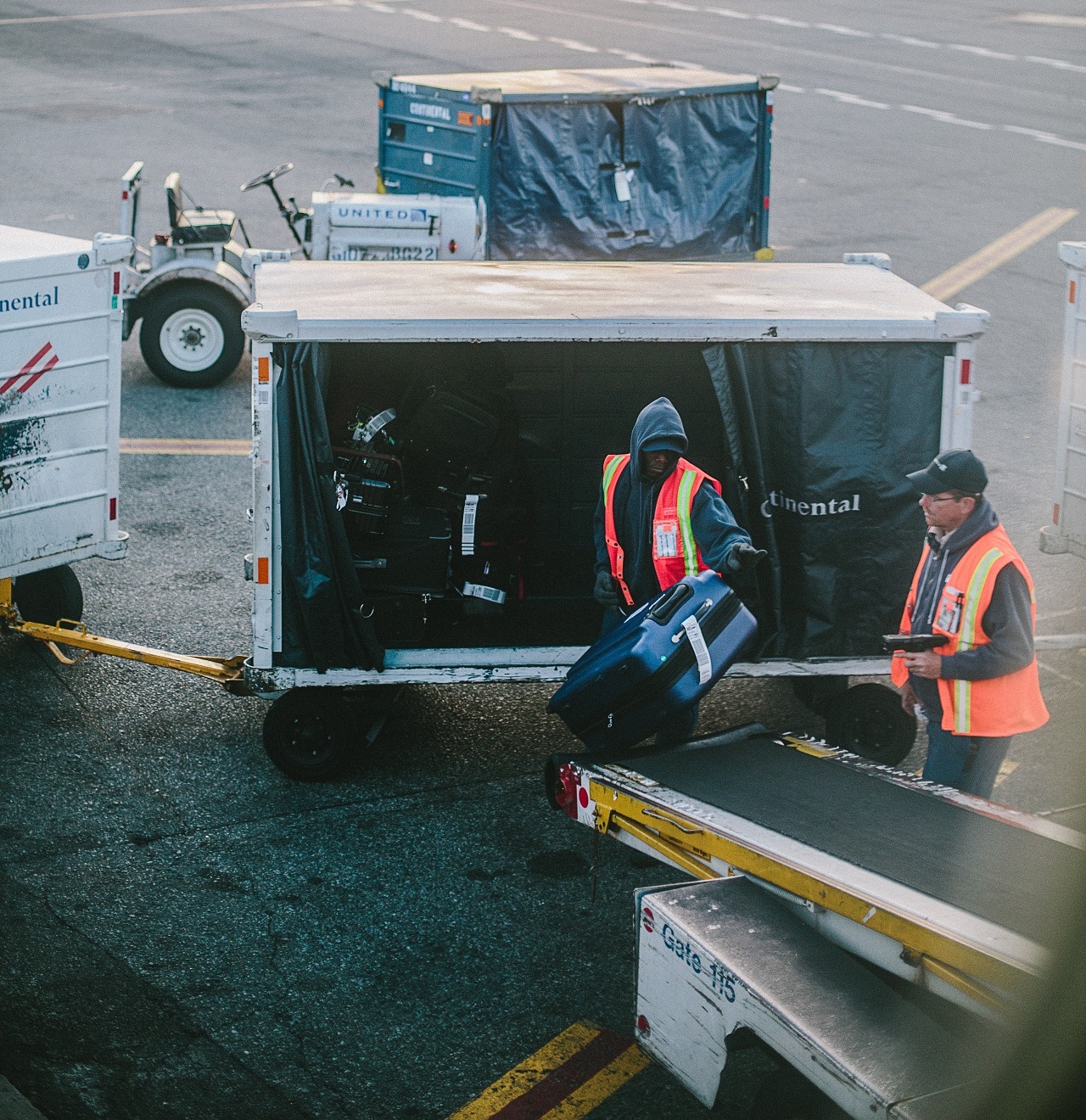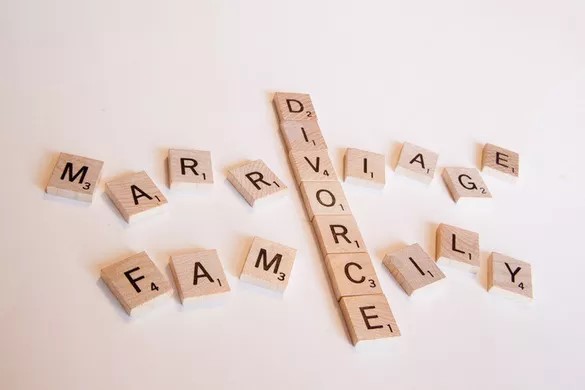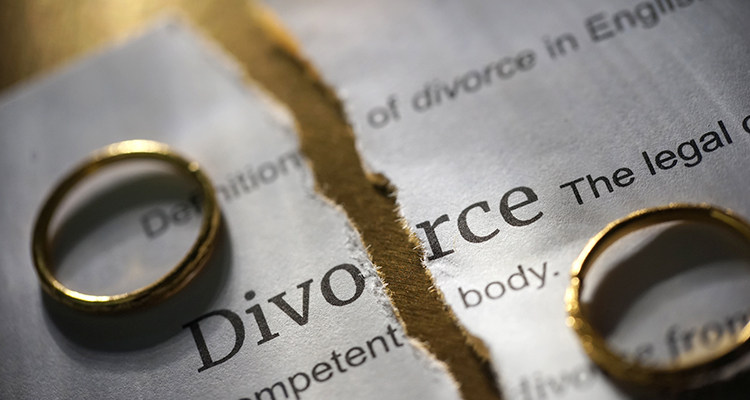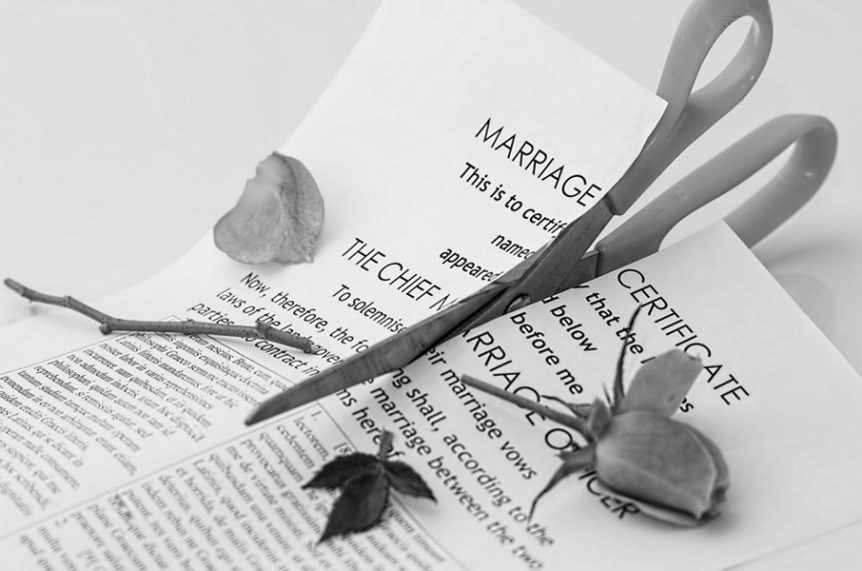Buying a car can be a painstaking, all-day event. By the time your loan has been approved, and the paperwork is in front of you, you just want to sign on the dotted line, hop in your newly purchased car, and drive off into the sunset.
Unfortunately, this point in a customer’s car-buying process can be taken advantage of by the car dealership. Customers are typically fatigued by the time the countless pages of paperwork are put in front of them, resulting in signed agreements where the terms and conditions are not carefully read.

So what can you do if the car you purchased at the dealership is not what the dealership promised you it would be?
Auto Dealership Fraud
There are a few ways that car dealerships can fraudulently take advantage of a customer. These tactics can be easy to miss, so it is important to be aware of these warning signs:
- Non-Disclosures – car dealerships are required by law to disclose any and all information related to the vehicle you are purchasing. Some dealerships may illegally withhold information about a vehicle if the information affects the desirability of the vehicle. For example, if a vehicle has been involved in an accident and the car dealership is aware of the accident but knowingly does not disclose this information to the purchaser, the dealership is committing auto fraud.
- Affirmative Misrepresentation – this method of auto fraud is a more intentional process. Rather than withholding information, a car dealership adds or changes information to make the vehicle more appealing. For example, a car dealership may lie and say the vehicle has been taken care of through routine maintenance, or the car is new when it is used. This form of auto fraud is a deliberate approach of adding or changing information to make the car more desirable.
- Spot Delivery (aka “Yo-Yo Financing”) – this is probably the most common method that car dealerships use in an attempt to get more money out of you. After you have worked out the term on your loan, signed the paperwork, and driven your car off the lot, you should not hear from the car dealership again. Instead, a car dealership may call you a few days or weeks later to notify you that there was a “problem” with financing your loan. The car dealership may tell you various reasons of why the loan was not approved, only to follow up by requesting additional money or a higher monthly payment. Car dealerships may say they have to throw incentives into the financing, such as a maintenance plan, in order for the loan to meet approval requirements. This is called spot delivery, or yo-yo financing, and it is a form of auto fraud.
Auto Fraud Lawyers Near Me
The good news is that if you have been a victim of auto fraud, there are many auto fraud lawyers who specialize in this very area. Finding an auto fraud lawyer in your area will be advantageous as your lawyer will know the jurisdiction’s laws, as well as the dealership with whom you are dealing.

Once you find an auto fraud attorney, you need to gather all documents drafted during the purchase of your car. Your lawyer will be able to sift through the endless pages of contracts and agreements to determine if there were any additional fraudulent occurrences. Your lawyer will determine the course of action to take to regain damages that were sustained during the deception.
Auto Insurance Fraud
Some car dealerships may also commit auto insurance fraud. Auto insurance fraud within a car dealership may mean the dealership’s repair shop replaces a car’s parts with a cheaper replacement and bills the insurance company for a more expensive part. Alternatively, the dealership may not have performed the repair work, yet they are aware of the faulty part replacement and do not disclose this information to the buyer. These are examples of auto fraud and auto insurance fraud.

If you get into an accident with a car that was purchased from a dealership that committed insurance fraud, you can sue the car dealership for auto fraud, as well as other damages sustained during the accident.
The best way to prevent becoming a victim of purchasing a car that has had faulty parts installed is to purchase a vehicle report, as well as pay attention to light indicators on the dash of the car.
Conclusion
One of the best ways to avoid being a victim of auto dealership fraud is to be vigilant. By the time you are sitting down to sign the paperwork, don’t let the salesman or finance manager rush you through the process. Take your time and read what is in front of you. Ask the salesman or finance manager questions about the loan, the history of the car, or the warranty information.

If you are purchasing a used vehicle, ask the dealership for a vehicle report. The vehicle report will show you when the car was serviced by a dealership or service shop, as well as any accidents or manufacturer recalls that were performed.
Before you leave, ask the finance manager if your loan has been approved. Try to get something in writing stating the loan has been approved. With this documentation, the car dealership will have a difficult time calling you days or weeks later in an attempt to bring you back to the dealership because of “problems” with the loan.
If the car dealership calls you and asks you to return to the dealership because the loan was unable to be approved, ask the dealership associate to give you details. Asking the associate questions regarding the lender of the loan and the reasons for disapproval will be difficult for the associate to answer if these claims are fraudulent. Ask them to send in writing the lender’s letter of disapproval of the loan for you to review and contact the lender personally.
If you have faced any auto fraud or auto insurance fraud during the purchase of a vehicle, contact a consumer law attorney to discuss your best option for the damages you have faced.
If you have more legal questions, you can also chat online with a Laws101.com attorney where you’ll be instantly connected to a lawyer who can give you legal guidance on your specific case or question.































